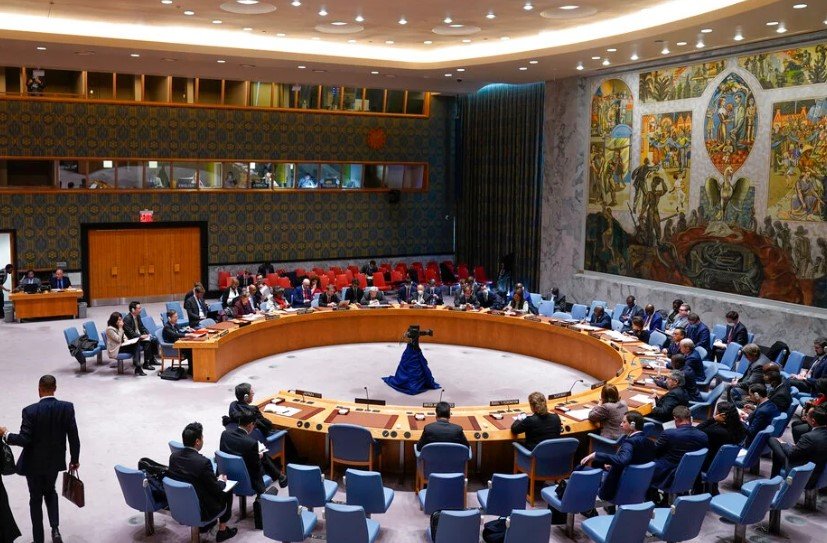Georgia has taken a surprising turn at the United Nations, breaking ranks with the European Union and Ukraine by co-sponsoring a U.S.-proposed resolution on the Ukraine war. The move, reported by The Wall Street Journal on February 22, marks a notable shift in Georgia’s diplomatic positioning and raises questions about its evolving foreign policy priorities.
A Watered-Down Resolution Gains Georgia’s Support
The U.S. draft presented to the UN General Assembly is a stark departure from previous resolutions condemning Russia’s actions in Ukraine. Unlike earlier versions, this three-paragraph document does not explicitly hold Russia responsible for the war. Instead, it “implores a swift end” to the conflict and acknowledges “the tragic loss of life throughout the Russian Federation-Ukraine conflict.”
The contrast is sharp. In past years, resolutions spearheaded by Ukraine and backed by its European allies strongly condemned Russian aggression, highlighted human rights violations, and called for accountability for war crimes. This year, however, the U.S. took a different route, asking Ukraine to withdraw its more detailed 21-paragraph resolution. When Ukraine refused, the U.S. pressed ahead with its own, with Georgia as the only co-sponsor.
For a country that has previously aligned with Kyiv on such matters, this shift is significant.

A Diplomatic Balancing Act
Georgia’s foreign policy has been a tightrope act in recent years, balancing relations between the West and Russia. While it has publicly supported Ukraine at international forums, its government, led by the ruling Georgian Dream (GD) party, has maintained a cautious stance towards Moscow.
The decision to back the U.S. resolution may reflect multiple strategic considerations:
- A move to mend ties with Washington – U.S.-Georgia relations have been strained, especially after Washington imposed sanctions on Georgian officials following violent crackdowns on pro-EU protests.
- A shift in Georgia’s stance on Ukraine – While still formally supporting Ukraine in international forums, the GD government has frequently criticized the Ukrainian leadership.
- A signal to Russia – The toned-down resolution aligns more closely with a position that avoids direct confrontation with Moscow, a trend that has been increasingly evident in Tbilisi’s recent actions.
Ukraine and EU Push Forward Without U.S.
Despite the U.S. pivot, Ukraine and its European allies remain committed to their original draft resolution. Unlike the American version, it directly attributes the war to Russia’s invasion and emphasizes the impact on Ukrainian civilians.
This split reveals deeper fractures in Western coordination on Ukraine. The U.S. approach suggests a potential shift toward diplomatic pragmatism, possibly aiming to keep dialogue channels open with Moscow or manage broader geopolitical priorities. Meanwhile, Europe and Ukraine remain steadfast in their demand for strong language condemning Russia.
The Bigger Picture for Georgia
For Georgia, this decision could have lasting repercussions. On one hand, aligning with the U.S. could help repair strained relations with Washington. On the other, breaking away from Ukraine and the EU may further deepen skepticism in Brussels about Georgia’s commitment to European integration.
The Georgian government has consistently argued that it stands with Ukraine on the international stage, despite its strained bilateral ties with Kyiv. However, this latest move raises questions about how far that support extends in practice.
How this plays out remains to be seen. But one thing is clear: Georgia’s foreign policy is becoming increasingly unpredictable, and this latest UN vote is just the latest chapter in its complex balancing act.
